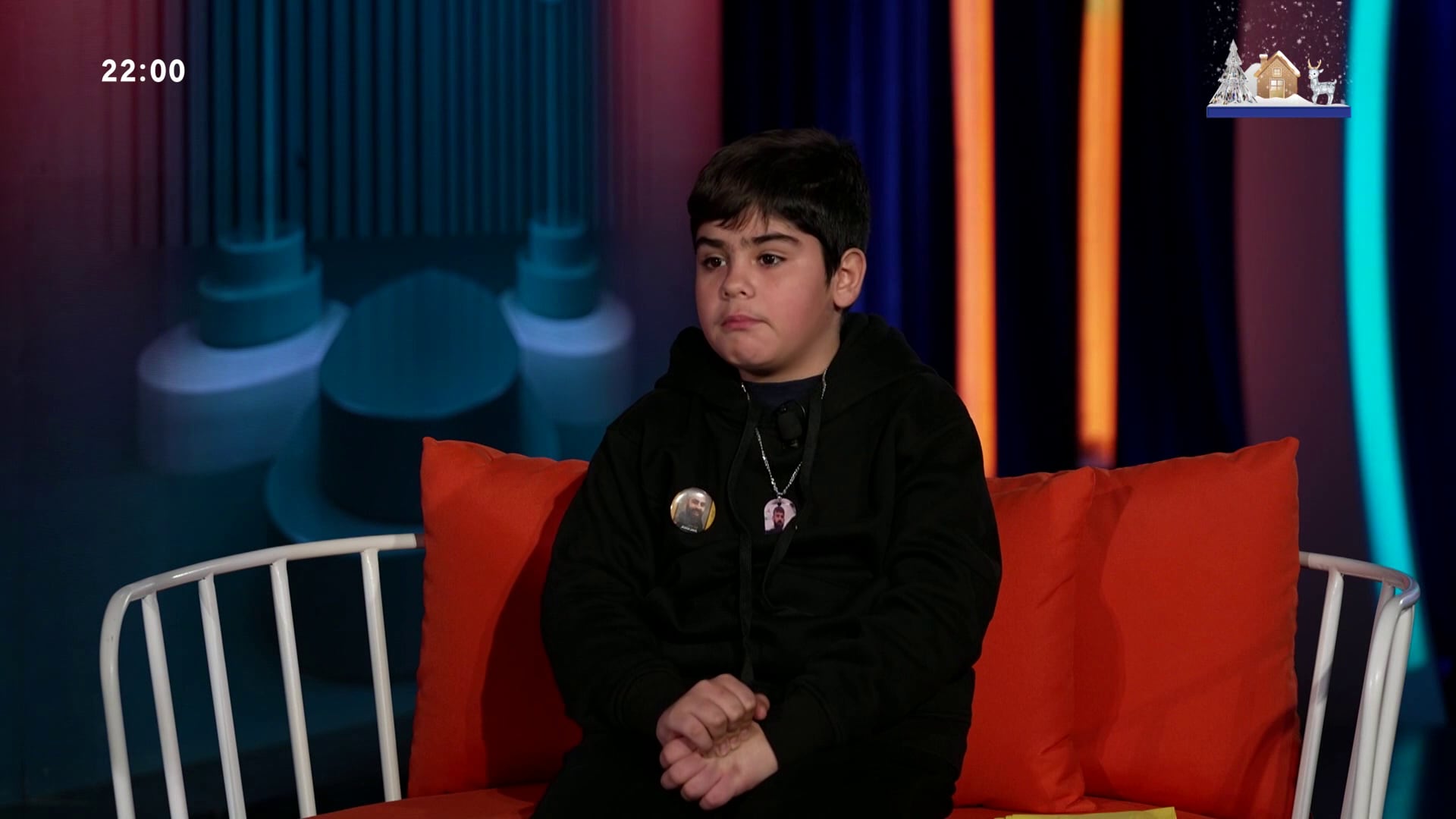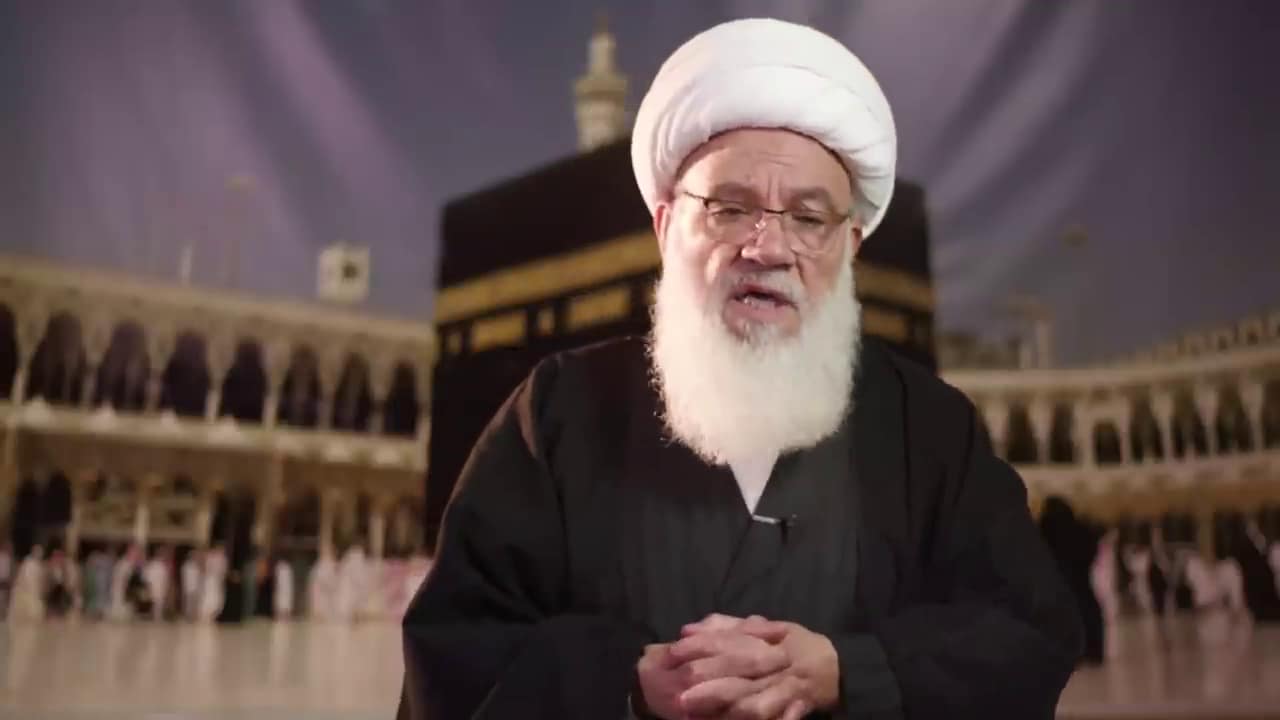
In an interview with CGTN (China), conducted on December 28, 2024 and aired on January 5, 2025, Iranian Foreign Minister Abbas Araghchi discussed the importance of Iran-China relations, noting that his trip to China marked his first visit outside the Middle East since assuming office. He emphasized that this visit reflects the significance Iran places on its partnership with China, underscoring their "comprehensive strategic partnership" that spans multiple areas, including economy, trade, investment, culture, security, education, and tourism. Araghchi also highlighted the "Iran-China comprehensive cooperation agreement," which has opened up vast opportunities across these sectors.
The Iranian Foreign Minister praised China’s diplomatic efforts in managing Iran’s conflict with Israel, particularly in preventing potential escalations. He also expressed appreciation for China's positive role in the region, noting its ability to advance peaceful solutions due to its good relations with all the parties involved. Additionally, Araghchi stated that Iran is ready to re-engage in nuclear talks, reaffirming that China and Russia have played constructive roles in these discussions, with expectations for them to continue doing so in the future.
Abbas Araghchi: "My visit to China marks my first visit to a country outside the Middle East since taking office. It reflects both the importance we attach to Iran-China relations and the broad scope of our cooperation."
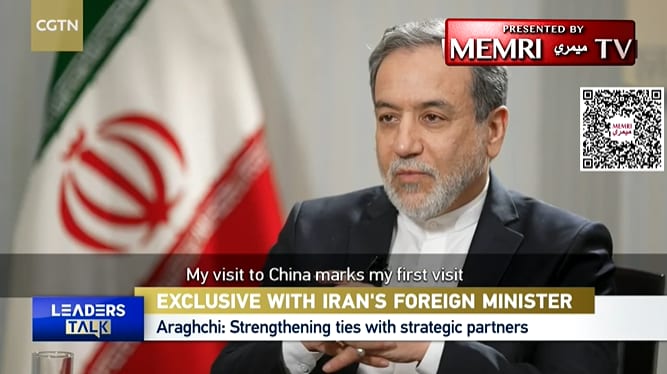
Interviewer: "Speaking of bilateral relations, in October 2024, President Xi Jinping highlighted during his meeting with President Pezeshkian that amid ever-faster global changes unseen in a century, the strategic importance of China-Iran relations has become even more pronounced. How do you evaluate the strategic importance of China-Iran relations, and in what ways does it manifest?"
Araghchi: "The friendly relationship between Iran and China is evident in the close interactions at the highest levels. In October 2024, Iranian President Pezeshkian met Chinese President Xi Jinping in Kazan, Russia. It was their first meeting, and it was very productive, yielding many positive outcomes. High-level exchanges between our two countries have been going on well, and delegations at various levels of our governments have been actively engaging with each other through mutual visits. The breadth of Iran-China cooperation is extensive, covering areas such as economy, trade, investment, culture, security, youth programs, education, and tourism. The list is very long. I believe the Iran-China comprehensive cooperation agreement has created vast opportunities for cooperation across all these fields."
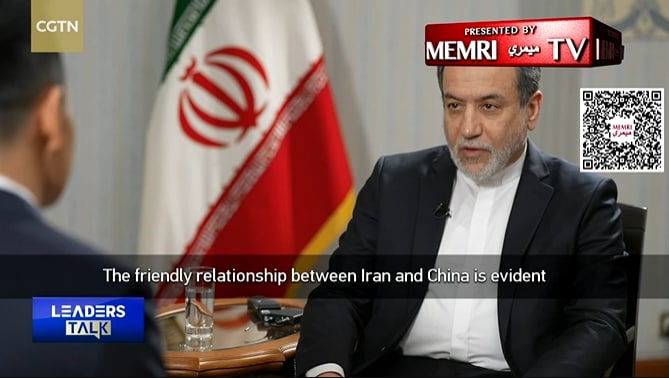
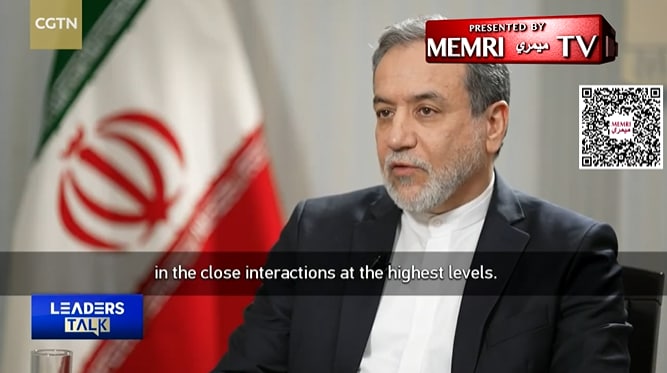
Interviewer: "During the meeting between the two heads of states, President Pezeshkian emphasized that China is Iran's most important partner. What are your expectations for the future development of China-Iran relations?"
Araghchi: "The term 'comprehensive strategic partnership' accurately captures the essence of Iran-China relations. Building on a solid foundation of bilateral ties, our two countries have also engaged in close talks on regional and international issues. Iran finds itself in a region fraught with crises and instability, particularly over the past few months or slightly over a year since the renewed Israel-Palestine conflict began. Israel launched an attack on Gaza and the crisis has spilled over into Lebanon. Then, there are ongoing crises in Syria, Yemen, and the conflict between Iran and Israel, all of which have kept the Middle East in a state of tension. During this turbulent period, Iran and China have maintained close communication. Today [December 28, 2024], I had a four-hour meeting with Foreign Minister Wang Yi, during which we mainly discussed the Middle East situation. We exchanged views on how to address these challenges and explored avenues for cooperation. We also shared perspectives on the broader international situation.
[...]
"Countries in the region must unite to help Syria establish a broad-based government that is inclusive of all ethnicities and factions. It is vital to uphold Syria's national unity and territorial integrity. Syria must not become a haven or breeding ground for terrorists, nor should it pose a threat to its neighbors or the region as a whole. These principles are the consensus of countries in the region regarding Syria's recent developments. External powers should not interfere in Syria's affairs. The future of Syria should be decided by its people, who are the true masters of Syria and its destiny. What we can do is to support them after they make all the right decisions. We hope to see a peaceful, stable Syria that maintains friendly relations with its neighbors.
[...]
"Regarding Gaza, it is important to recognize that Israel has failed to achieve its primary objective there. Israel's incursion into Gaza was aimed at eliminating Hamas, yet today, it finds itself forced to sit down and negotiate a ceasefire with the very Hamas it sought to annihilate. We have said many times that Iran will support any ceasefire agreement accepted by Palestine and Hamas themselves. Whether or not to accept a ceasefire is for Hamas and the Palestinian people to decide. If they are satisfied with the terms, we will fully support their decision.
[...]
"We are fully prepared for any future attacks Israel might launch. I hope Israel refrains from taking such reckless actions, as they could lead to a broader conflict. That being said, we remain committed to diplomacy. We are in constant communication with regional countries and consult closely with friendly countries such as China. We believe that rationality will ultimately prevail, preventing attacks that could lead to severe consequences."
[...]
Interviewer: "What role do you hope China can play in advancing the peace process in the Middle East in the future?"
Araghchi: "We trust China and recognize its goodwill. China maintains extensive economic and trade relations with all countries in the region and enjoys constructive and positive relationships with everyone. China is a respected and reliable country. I believe this credibility enables China to play a political role in the Middle East. China can help countries in the region to resolve disputes and find peaceful solutions. Iran appreciates China's contribution in this regard and is willing to continue cooperating with China in these efforts."
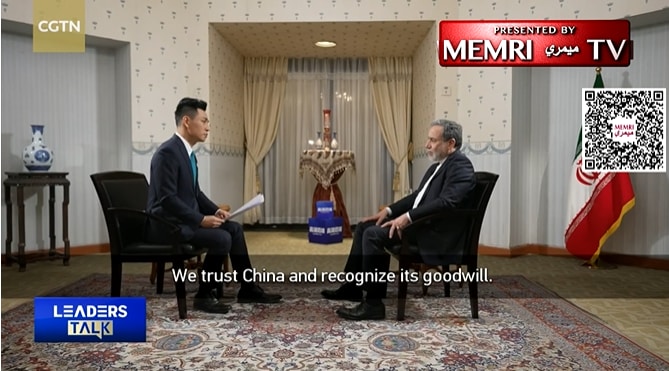
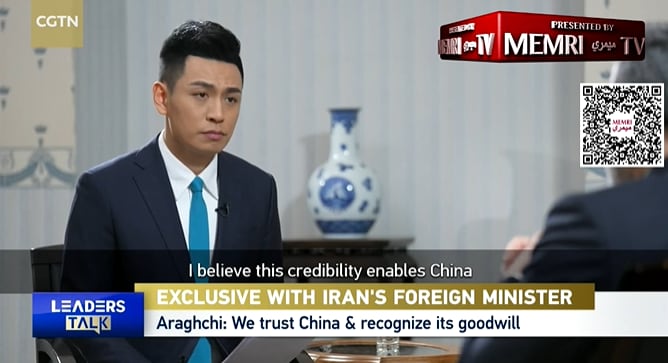
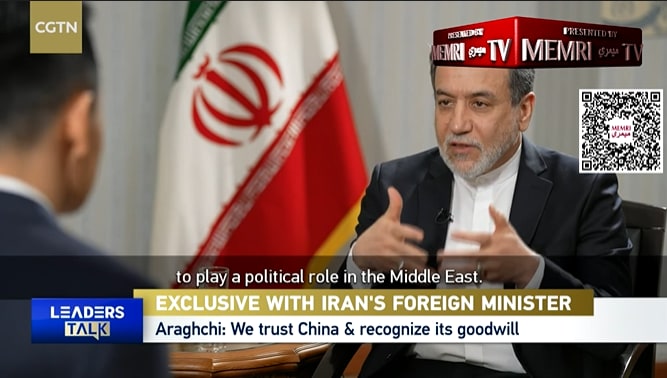
Interviewer: "Talking about the Iran nuclear agreement, throughout this period, Iran has demonstrated a constructive stance and sent positive signals, while China has consistently called for the prompt resumption of nuclear talks. How likely is it to resume the nuclear talks, and what are the key factors influencing this possibility?"
Araghchi: "It is crucial to note that Iran is ready to re-engage in nuclear talks. In the original talks, we negotiated in good faith with six countries and ultimately reached an agreement. It's an extraordinary diplomatic success widely recognized and praised globally. Iran fulfilled its commitments to the agreement in good faith. Regrettably, the United States unilaterally and unjustifiably decided to withdraw from the agreement, leading to the current situation. Despite this, Iran remains ready to participate in constructive, goal-oriented negotiations without unnecessary delays, with the clear aim of reaching a new agreement. We are willing to adopt the framework of the original Joint Comprehensive Plan of Action [JCPOA], focusing on Iran's nuclear program and the lifting of sanctions. Using this as a foundation, we are ready to proceed with negotiations. We have already completed one round of talks with European countries, and arrangements for a second round have been finalized, with the upcoming talks set to take place in two weeks. These negotiations are with European countries only. As for potential talks with the United States, we will wait to see the policy direction of the incoming U.S. administration before making any decisions. China and Russia have consistently played constructive roles in these talks. Iran believes that China and Russia should continue to play a constructive role. This is our expectation.
[...]
"Nearly a decade has passed since 2015, and the world has undergone significant changes. The United States' withdrawal from the Joint Comprehensive Plan of Action [JCPOA] was a strategic mistake, and Iran has responded accordingly. Of course, the U.S. has also expanded its sanctions, and the Middle East or West Asia has plunged into crises. However, diplomacy always remains an option. As a diplomat and negotiator, I believe that even in the most challenging circumstance, diplomatic solutions can be found. It all depends on the political will and the creativity of negotiators – their ability to devise new approaches and models to bring about an agreement. If all parties have the necessary political will, I believe that even in the face of challenges, progress can be made."











